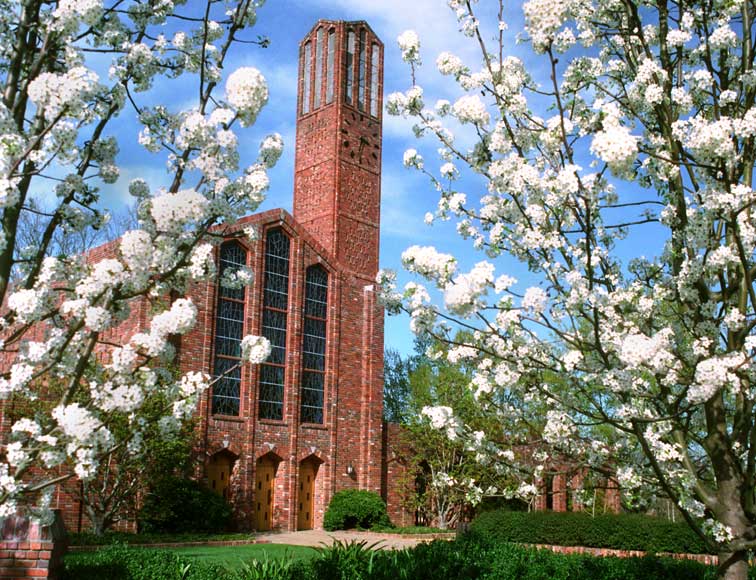The Opportunity
Reporting to the President, the Vice President for the Division of Agriculture, Forestry, and Veterinary Medicine at Mississippi State University provides strategic leadership. The Division embodies the land-grant mission of Mississippi State University, providing teaching, research and service to every citizen of Mississippi, as well as having national and global impacts.
The Position

Responsibilities include oversight of all policies and procedures relating to teaching, research, and service in the Division. DAFVM units include the College of Agriculture and Life Sciences, the College of Forest Resources, the College of Veterinary Medicine, the Mississippi Agricultural and Forestry Experiment Station, the Forest and Wildlife Research Center, and the MSU Extension Service. These six units function on the university’s main campus and through four research and extension centers, 16 branch stations and locations in addition to Extension offices in all 82 counties of Mississippi.
The Vice President for Division of Agriculture, Forestry, and Veterinary Medicine (DAFVM) works closely with other senior administrators to provide visionary leadership for planning, budgeting, resources development, and the development of strategic goals for DAFVM that encompass the research, teaching, extension, and service mission of the university.
For more information, please view the job description.
VP for Division of Agriculture, Forestry and Veterinary Medicine Job Description
The University

Mississippi State University is a comprehensive, doctoral degree-granting institution with a nationally and internationally diverse student body. To individuals, it offers a wide range of opportunities and challenges for learning and growth; to the world of knowledge, vigorous and expanding contributions in research, discovery, and application; and to people in every region of Mississippi, a variety of expert services. The Carnegie Foundation classifies MSU as an R1-Very High Research Activity doctoral university.
As a land-grant institution, Mississippi State University is dedicated to three broad purposes: learning, research, and service. Learning, both on- and off-campus, enhances the intellectual, cultural, social, and professional development of the university’s 22,226 students; research, both to extend the present limits of knowledge and bring deeper insight, understanding, and usefulness to existing knowledge; and service, to apply knowledge and the fruits of research to the lives of people.
Fulfilling these purposes is the primary goal of the educational units that make up the total university. Among others, these include the eight colleges, academic departments, along with distance and continuing education, Mississippi State University Extension Service and Mississippi Agricultural and Forestry Experiment Station.
A faculty drawn from the best institutions in all parts of the nation work earnestly to demonstrate excellence in teaching, while producing in their specialized studies scholarly books, articles, and conference papers that gain respect for themselves, the university and the state. In the process, they ensure for their students instruction that immediately is in touch with current knowledge and thought.
A body of energetic researchers, both faculty and other, are assisted by an effective research administration to place Mississippi State among the top 100 universities in the nation in annual research and development expenditures. Campus service agencies similarly are distinguished, earning the respect and support of their varied constituencies throughout the state, as well as in other states and countries throughout the world.
Division of Agriculture, Forestry and Veterinary Medicine
The Division of Agriculture, Forestry, and Veterinary Medicine (DAFVM) at Mississippi State promotes research, teaching, and service activities among students, faculty, and staff and works to support its land-grant mission at the local, state, and global levels.
The six units of DAFVM are pivotal in meeting the national land-grant mission created by Congress in 1862 with the passage of the Morrill Act. With the passage of the Hatch Act in 1887 and the Smith-Lever Act in 1914 the Experiment Station and the Extension Service were added as major components of the University. By focusing on teaching, service, and research, DAFVM strives to improve the lives of all Mississippians.
Throughout the years, MSU’s scientific discoveries have revolutionized agriculture globally. The Division ranks 11th nationally in National Science Foundation research and development expenditures in agricultural and natural resource sciences. It has more than 3660 students enrolled in three Colleges and more than 1500 employees. The Division has multiple affiliated centers and institutes and 15 academic departments. The clientele of DAFVM includes college students, agriculture and forestry producers, agribusiness firms, industrial firms, families, youth, local government entities, and numerous other organizations.
For more information on DAFVM and its units, see https://www.dafvm.msstate.edu.
Application Process & How To Apply
Please see the Application Process page for all information and details.